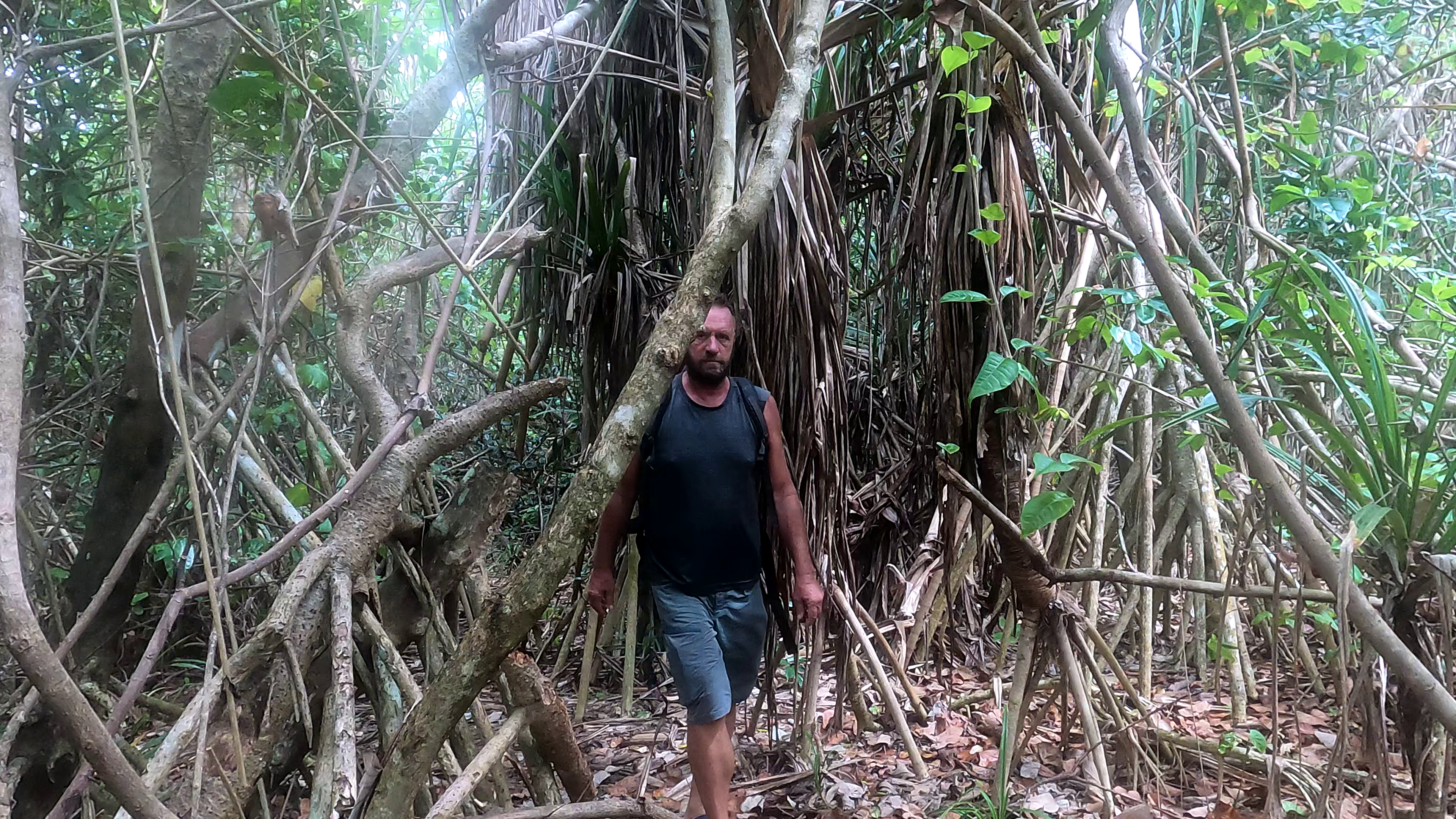For eight weeks in French Polynesia, I was enchanted. Landscapes I’d never seen before, friendly people, unspoilt nature. When I arrived in Samoa and Tonga, the feeling of flow changed. Suddenly everything becomes difficult and tedious. Why? Is that also part of travelling?
Apia harbour in Samoa. I’ve been waiting three hours for the harbour authority boat. They’ve forgotten about me, even though I’m anchored right in front of them. They turn up in response to another radio message. First question: What have you got to drink?
Share private property
After twenty days at sea, my supplies are exhausted, and so am I. I find some soft drinks. The two men open them and leave them half-drunk. Customs, Immigration and Bio-Security appear a little later, four of them. The same question. I only have warm beer left. They pack it up and a bottle of aquavit too. The limit of 2.3 litres of spirits applies mercilessly to the solo sailor’s on-board bar. After three years at sea and fifteen countries, it’s the first time I’ve had to decimate my bar and they kindly dispose it for me.
Yes, I’ve studied my compulsory reading on Polynesian culture: sharing private property. What’s yours is mine too. I found this description exotic, not unappealing. Until now. Now I understand that I don’t share voluntarily, but that other people have a claim to my property. I had obviously romanticised this aspect.
I am not allowed to anchor for free in the harbour bay, but have to go to the marina or pay double the marina fees for anchoring. I can buy a cruising permit for Samoa, but I’m not allowed to anchor or go ashore anywhere with it. In Tonga, I have to re-register at customs for each group of islands.
Such regulations may be justified, based on bad experiences with sailors. They intimidate me. Suddenly the air of freedom is missing. Have I gone to sea to have my life dictated to me by the authorities?
Never say no
Then there are communication problems. I have also read about this. People don’t say “no” or “I don’t know” out of politeness. I ask about opening hours, locations, correct behaviour – and get answers that don’t help me. That would be exciting in itself, a new culture, broadening horizons. You set off and travel because of experiences like this.
But it annoys me.
From now on, I also see the landscape with detached eyes. The Vava’u Archipelago in Tonga would be beautiful. Like a Swedish archipelago, plus palm trees and reefs.
But I ask myself: what am I doing here?
Was it too much happiness and flow in French Polynesia? Am I overfull? Am I repulsed by the Third World, the barren monotony of the supermarkets, the rubbish in settlements, the obvious hardship of some? What is it like to live in a downward spiral where things are not looking up economically?
I pull up the anchor and set course for Australia. Full of expectation and joy.
“Emigrating…” writes a character in Juli Zeh’s novel Nullzeit (p. 32), “That would only make sense if the country we were fleeing to wasn’t always just us.”

